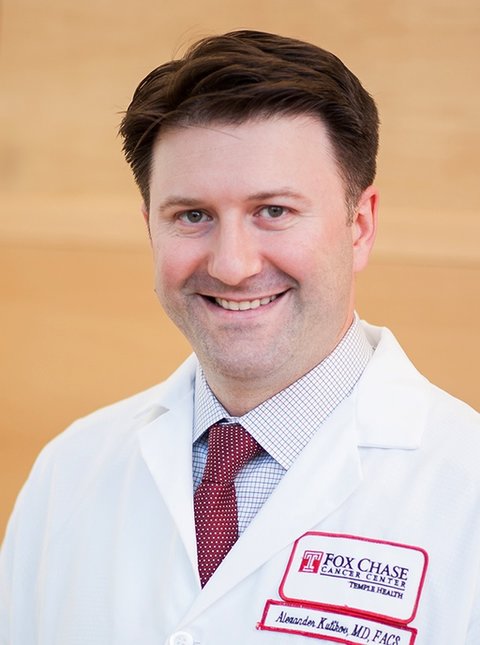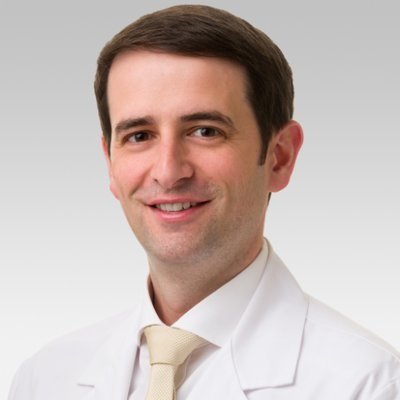Ask the experts

How is an MRI used to Detect Prostate Cancer?
An MRI scan is one of the imaging tests your doctor may order to help diagnose prostate cancer. They may also use it to decide the best treatment. The scan uses radio waves and strong magnets to craft detailed images of soft tissues in the body. It is a non-invasive test and is considered safe for most patients.
There are several reasons your doctor may order an MRI. If you have high levels of prostate-specific antigen (PSA)—a possible sign of prostate cancer—your doctor may use a special MRI known as multiparametric MRI. This can help decide if you need a biopsy and, in the cases when a biopsy is needed, to make the biopsy more accurate.
Once your doctor reviews the MRI and if she/he decides to do a biopsy, a so-called MRI/ultrasound fusion targeted biopsy is then performed. During this procedure, doctors use special software to overlay MRI images on top of the live ultrasound images that are used to guide prostate biopsies during the procedure. This can help make biopsies more accurate. This is key, because many cancers can be seen on MRI, but not on the ultrasound images.

Dr. Alexander Kutikov is chief of the Division of Urologic Oncology at Fox Chase Cancer Center in Philadelphia.
Does Having More Ejaculations Lessen the Chance of Prostate Cancer?
For reasons not fully known, ejaculating more may lower the risk of prostate cancer.
Based on some studies, however, ejaculating through sexual intercourse or masturbation, does not seem to protect against higher risk prostate cancers. The studies do not sort out between ejaculating during sexual intercourse or masturbation, and the effect of each on prostate cancer.
One study followed 32,000 men for 18 years. It found men who ejaculated the most (at least 21 times a month) had a 20% lower chance of prostate cancer vs. those who ejaculated 4 to 7 times a month. The more the number increased per month, the lower their risk. Other studies have found ejaculation rate has no impact on prostate cancer rates.
Ejaculation may protect the prostate by flushing out harmful chemicals that build up in semen. It is also possible ejaculation does not actually protect against prostate cancer. Men who ejaculate more may have healthier lifestyle habits that decrease their odds of being diagnosed with the disease. Additionally, ejaculating may only reduce the risk in men in certain age groups.
The bottom line is more research is needed before we know for sure whether more ejaculation reduces the risk of prostate cancer.

Dr. Anne Calvaresi is the chair of the Urology Care Foundation's Prostate Health Committee. She works in Philadelphia and specializes in urology and prostate health.
What are Alternatives to Opioid-based Pain Medication?
Opioids are a type of drug used to help manage pain. A health care professional may give you a prescription opioid to reduce pain after a major injury or surgery. These powerful drugs are important tools for managing pain. But they can also be harmful. For example, taking opioids can lead to addiction or even a deadly overdose.
Examples of prescription opioid pain killers include oxycodone, hydrocodone, fentanyl and tramadol. The illegal drug, heroin is also an opioid. It is estimated 4 to 6 percent of patients who misuse opioids will eventually transition to using heroin.
If you need surgery for a urologic condition, such as prostate cancer or the removal of a kidney stone, talk to your doctor about non-opioid pain management options. For example, you may be able to get pain relief by taking acetaminophen (Tylenol), ibuprofen (Advil), or naproxen (Aleve). You may also be able to manage pain with ice packs or heating pads, also known as cold or heat therapy.
If your doctor thinks a prescription opioid is right for you, keep 3 things in mind. First, prescription opioid pills should only be used to manage extreme pain right after surgery. You may only get enough pills to last 1 to 3 days. Second, your doctor will start you on the lowest dose possible to reduce your risk of addiction. Third, it is important get rid of extra opioid pills so they aren’t used by someone else. Some hospitals, police departments and pharmacies have drop off locations in the community. “Destruction kits” that make controlled drugs ineffective are also available.

Dr. Gregory B. Auffenberg is an Assistant Professor of Urology at Northwestern University Feinberg School of Medicine in Chicago.
UrologyHealth.org | FALL 2020 | UROLOGYHEALTH extra